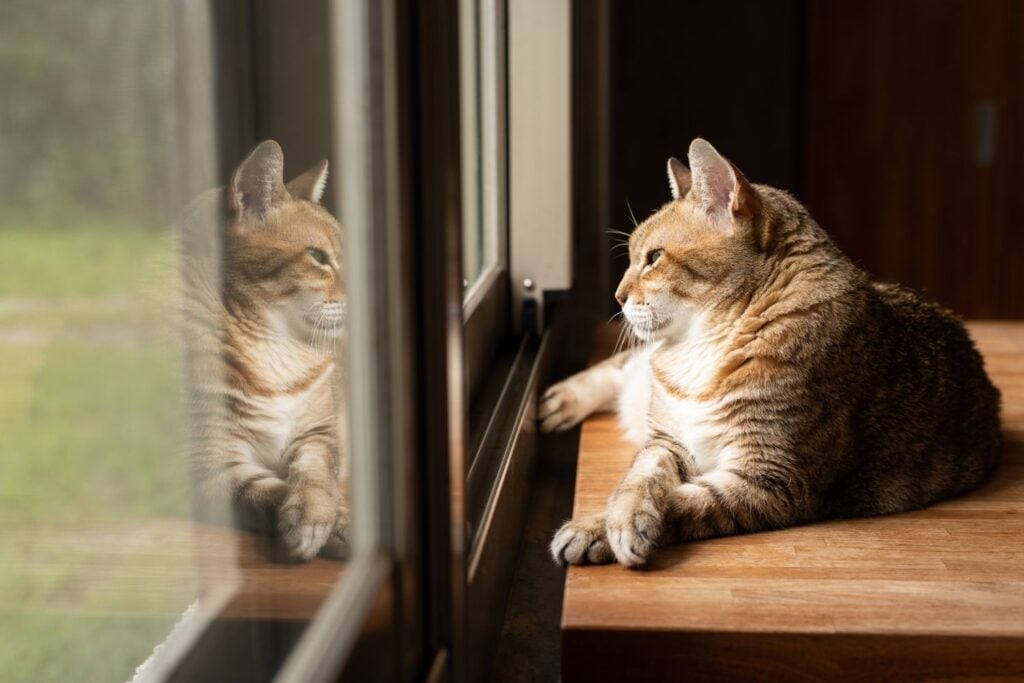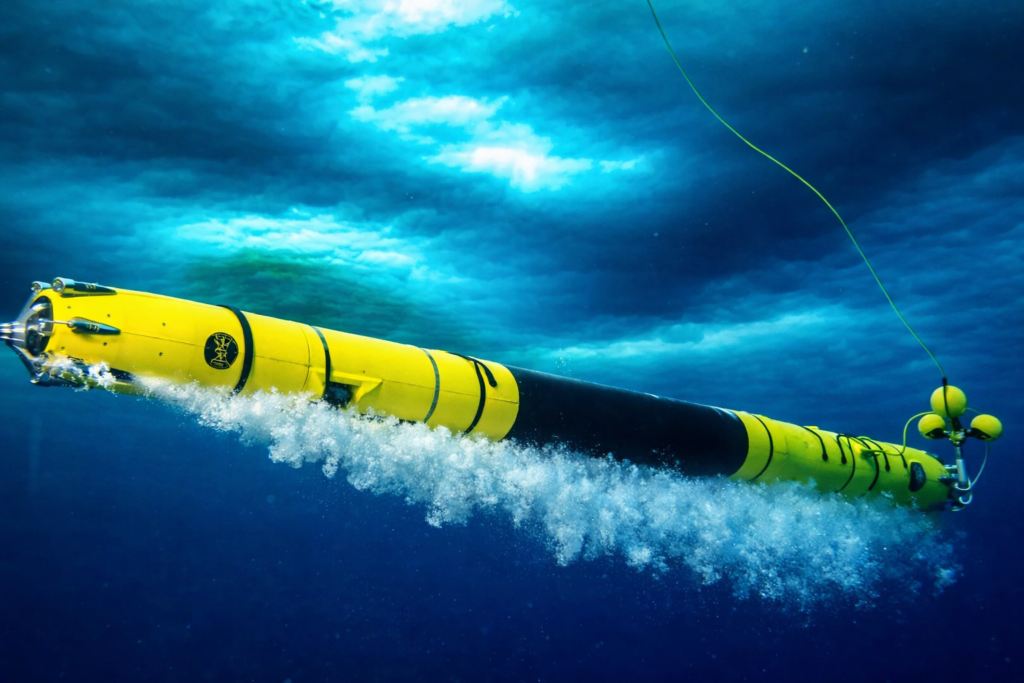Indoor life rewires routines more than you think.

In a third floor walk up in Chicago or a high rise in Los Angeles, a cat’s territory can shrink to a few rooms, one front door, and a handful of windows. That smaller world does not automatically mean stress, but it does change how a cat moves, rests, plays, and reacts to noise. Indoor predictability can create comfort, yet tight space also magnifies friction. The result is a set of behavioral shifts that owners often notice gradually, then all at once.




